Carlos Ucedda is a Spanish lyrical artist known for his deep-rooted passion for Baroque and Sacred music. With formal training from 1994 to 2004 and a powerful return to performance in 2021, Carlos’s story is one of dedication, rediscovery, and soulful artistry.
“My roots come from lyric music—specifically Baroque and Sacred music. It’s where I first found truth in art.”
Early Beginnings and Musical Education (1994–2004)
Carlos began his musical journey in 1994, dedicating a full decade to vocal and theoretical studies. His first steps into Baroque music were made possible thanks to the support of his employers—an act of kindness that deeply shaped his career.
“I started my contact and training in Baroque music thanks to my bosses at work, who supported me emotionally and financially for about three years.”
Key Mentors and Private Lessons
Carlos received extensive private music lessons that laid the groundwork for his signature vocal style. He later joined Juventudes Musicales (Granada), where he studied under Marian Brufdin, a distinguished Welsh mezzo-soprano and Baroque music expert.
“Marian Brufdin became a key figure in my development—not just a teacher, but a guiding light in my Baroque music journey.”
Carlos continued studying under her at Academia de Música Villalobos (Granada) and took solfège lessons with soprano Mariló Jiménez, who refined his technical ear and vocal control.
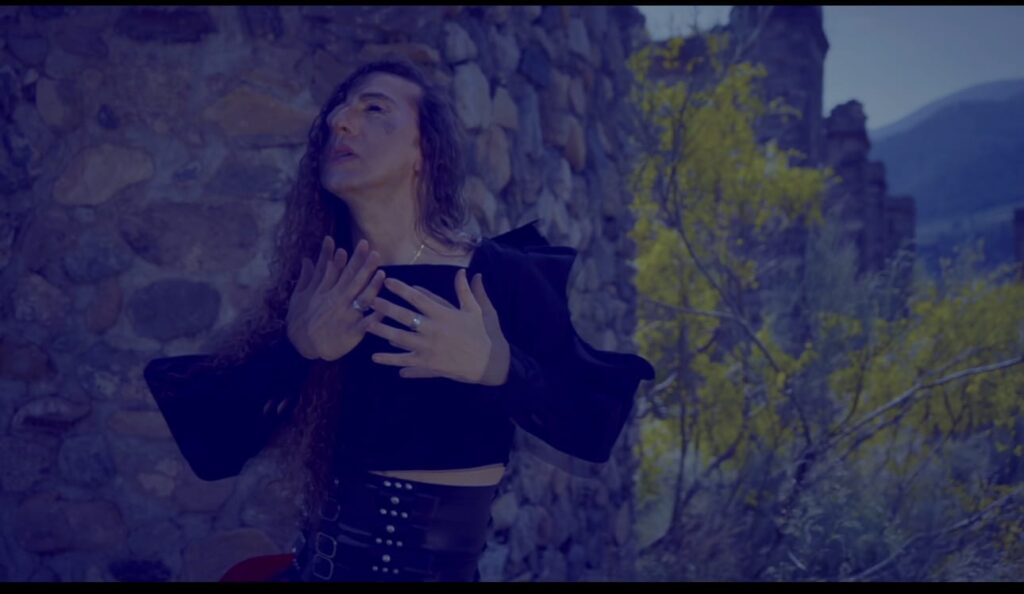
Deepening His Craft: Ensemble Work and Advanced Studies
As his skills grew, Carlos enrolled in the Professional Music Centre (Scaem) to continue his studies with Marian Brufdin. During this time, he also joined a chamber choir, further enhancing his experience with ensemble performance and sacred repertoire.
“Singing in a chamber choir brought a new depth to my understanding of harmony and sacred tradition—it felt like prayer through music.”
Masterclasses and Accolades
In 1998, Carlos attended the prestigious XXIX Cursos Manuel de Falla in Granada as a student listener, where he learned from world-renowned soprano Helena Lazarska.
“Being in the same room as Helena Lazarska—even just as a listener—was a masterclass in humility and excellence.”
In 1999, Carlos earned a Merit Certificate from The Associated Board of the Royal Schools of Music, a significant milestone in his formal vocal education. He also took part in a masterclass in Baeza (Jaén) led by celebrated Spanish countertenor Carlos Mena.
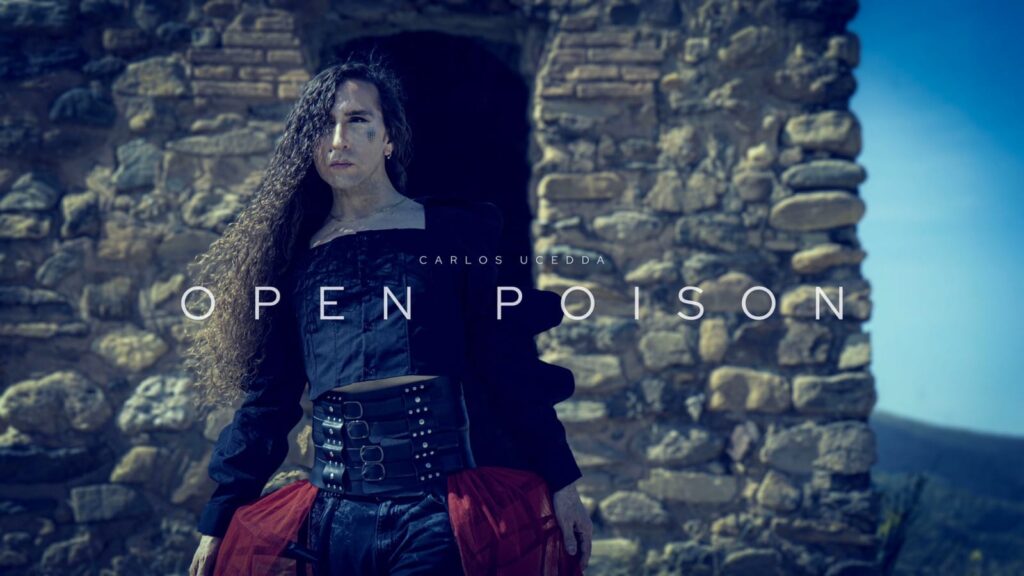
Return to Music: A Second Act (Since 2021)
After stepping away from music for professional reasons, Carlos made a powerful comeback in 2021.
“For many years, I was very far from music. Life pulled me in other directions. But music never left me—it was always there, waiting.”
With renewed passion and focus, Carlos returned to the stage, reconnecting with his musical roots and embracing new creative projects.
Notable Performances
Carlos has performed in some of Granada’s most celebrated venues, including:
- Auditorio Manuel de Falla
- Teatro Isabel la Católica
- Teatro Huétor Santillán
These stages witnessed his emotive renditions of sacred and Baroque pieces, blending technique with heartfelt expression.
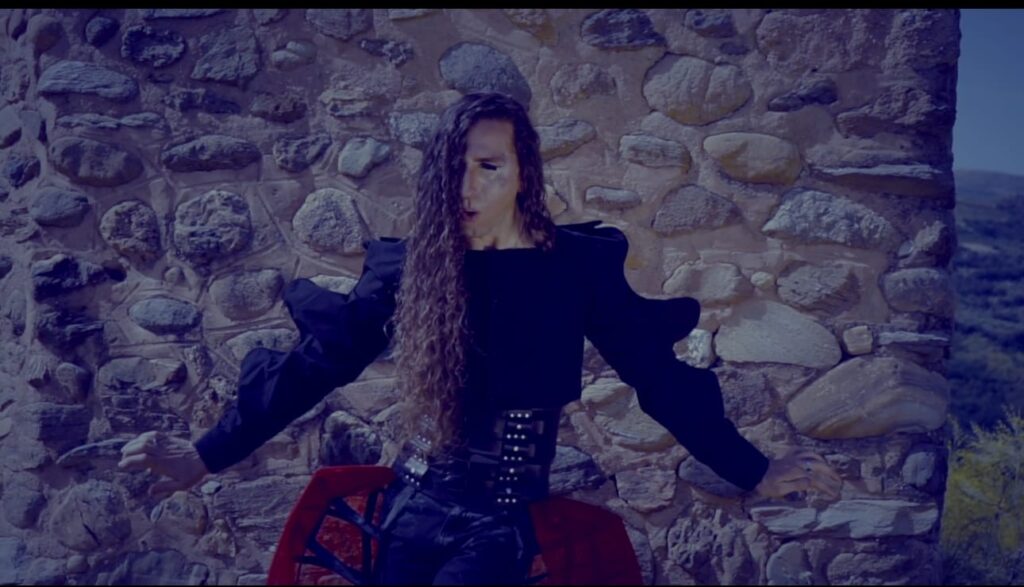
“Toxic Friendships”: A Gothic Reflection Through Song
Carlos’s latest single, Toxic Friendships, is a bold artistic statement inspired by vampiric mythology and the emotional impact of deceptive relationships.
“The song is a reflection on toxic friendships—those that look beautiful on the outside but drain you from the inside.”
Blending classical influences with mythological themes, the track narrates the internal struggle between good and evil, truth and illusion.
“It’s the moment when someone sees past the falsehood and has to choose whether to confront it—or keep pretending.”
Final Thoughts
Carlos Ucedda’s musical journey is a tapestry of tradition, introspection, and artistic rebirth. His foundation in lyric, Baroque, and Sacred music gives his voice a timeless quality, while his personal storytelling makes his work deeply relevant today.
“Baroque music taught me that emotion doesn’t have to be loud to be powerful. It can be whispered—and still move mountains.”
As he continues to create, perform, and inspire, Carlos stands as a testament to the enduring power of classical music—and the human voice.


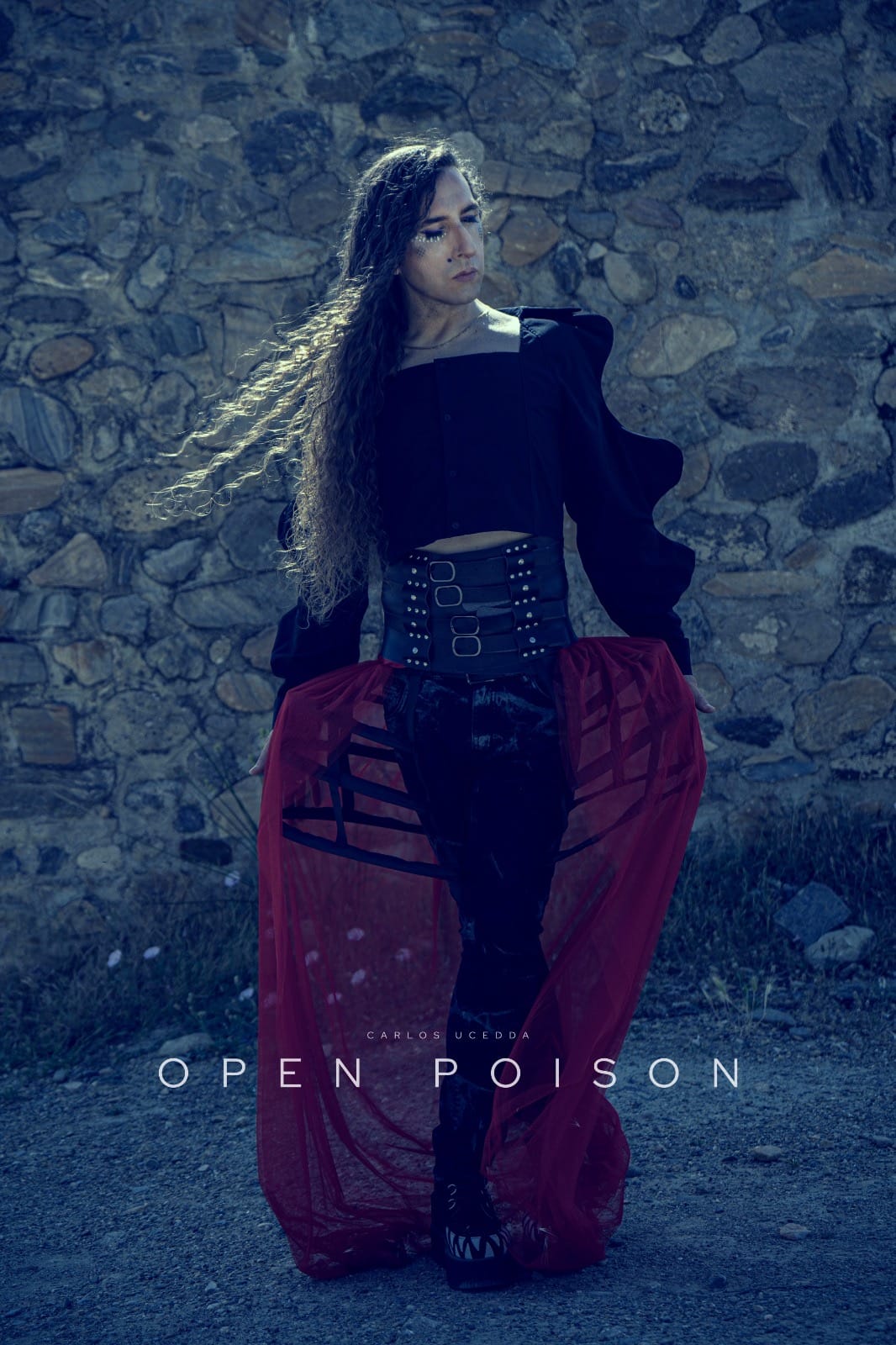


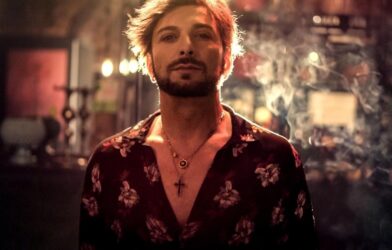
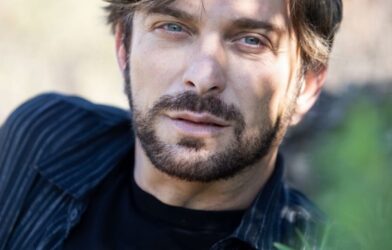

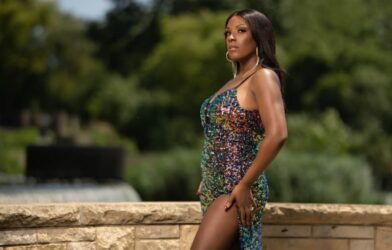
Gold08game
Gold08game... hmm. It's got a certain charm, I'll give it that. Not the best, not the worst, squarely in the middle. See if it suits your fancy! gold08game
Bong88bio
Found everything I needed about Bong88 at bong88bio.net. Good platform for info and links. See for yourself: bong88bio